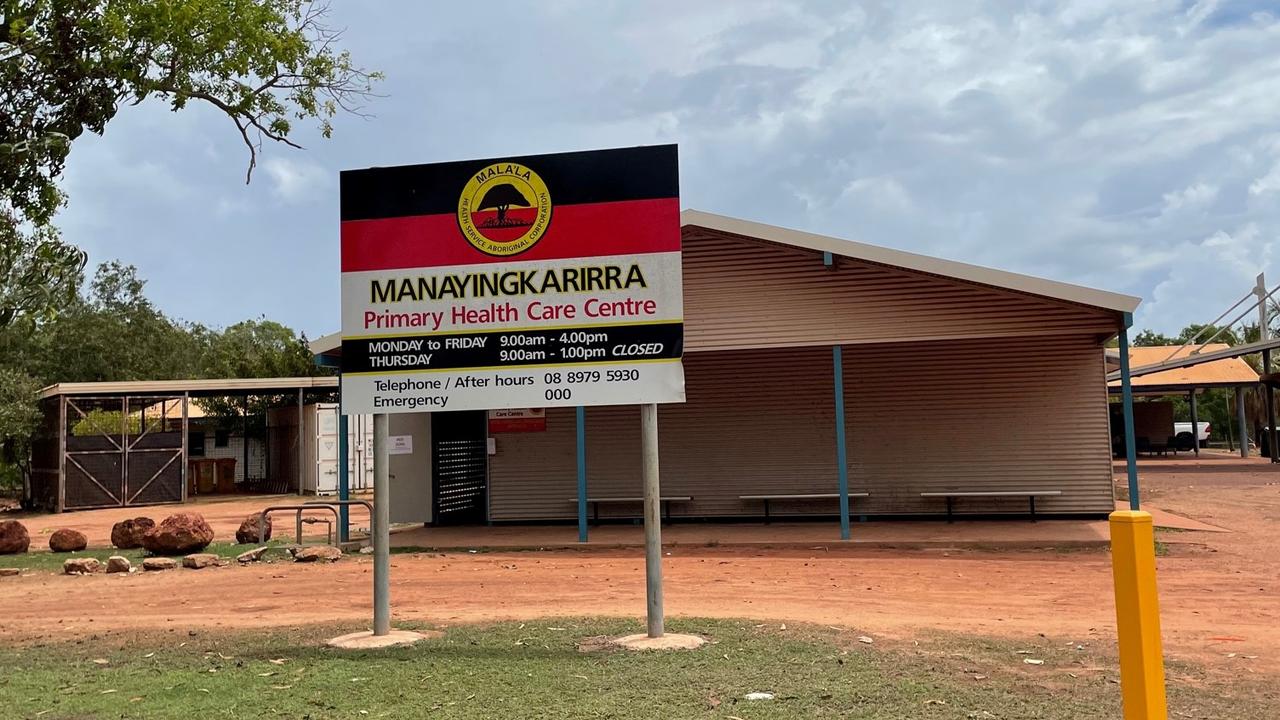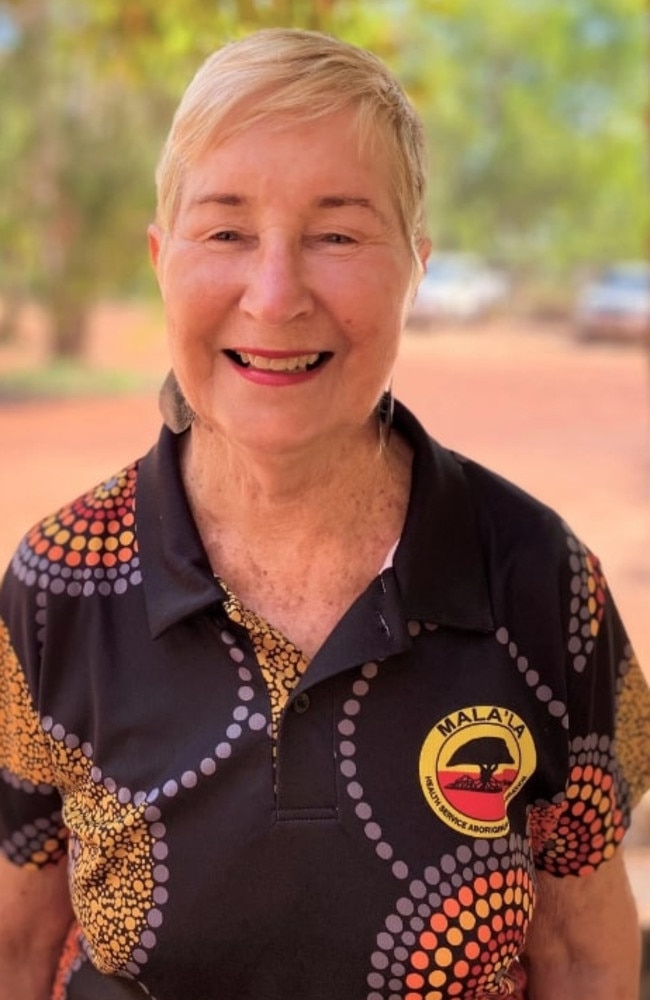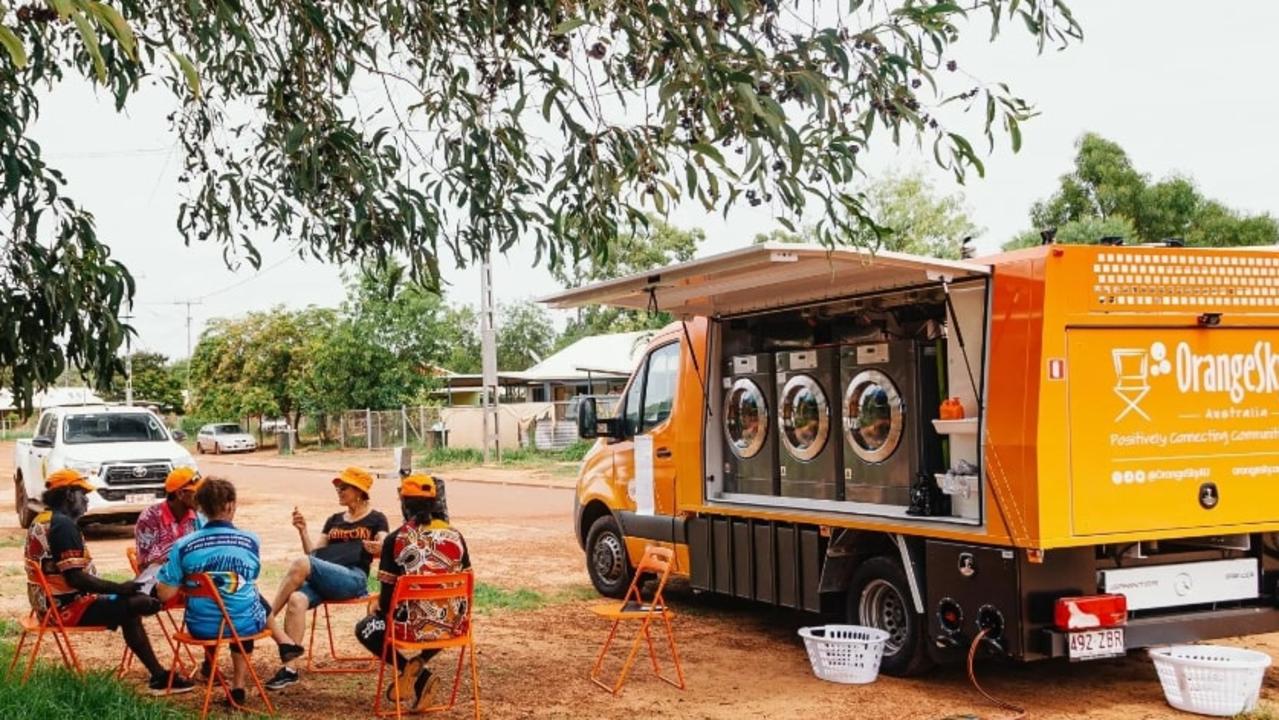Maningrida program aims to stop the spread of rheumatic heart disease
A Top End community has some of the highest rates of heart disease in the world. But a few small changes, led by the residents, could see locals living longer and stronger.
Northern Territory
Don't miss out on the headlines from Northern Territory. Followed categories will be added to My News.
Top End locals quite literally sick of the high rates of disease in their community have taken their health into their own hands.
Maningrida residents drove a community-led and owned approach to tackling the increasing incidence of rheumatic heart disease.
The initiative began at the Aboriginal Community Controlled Health Service Mala’la in 2018 and has already seen success, with the long-term goal to “eradicate it completely”.

“We have done some great work and the program ran beautifully for three years,” Mala'la Health Clinic Health and Community manager Lesley Woolf said.
“We are now looking at revitalising it and seeing how we can enhance it.”
The latest Australian Institue of Health and Welfare data shows acute rheumatic fever cases increasing from 60 per 100,000 in 2016 to 69 per 100,000 in 2020.
Ms Woolf said the community of just 3000 people was identified as having some of the highest rates of ARF and RHD in the world.
She said the residents had stabilised the number of new cases of heart disease where before it was dramatically rising.
“It hasn’t helped reduce the numbers but we’re not seeing the increased incidence,” Ms Woolf said.
It is largely down to a handful of activities brought in to the community.

“What this looked like was community screening of all the school kids — we screened 400 kids and found that one in 20 had or were at risk of developing RHD,” Ms Woolf said.
“It was a very high cohort of previously undiagnosed kids.”
The students were educated on symptoms of heart disease and when they should present to the school nurse.
“This led to a very good level of health literacy and certainly that has continued,” Ms Woolf said.
It also lead to undiscovered cases able to receive earlier intervention and increase the health outcomes for these residents.
The council was also engaged to provide trailers for yard clean ups and help with repairs for housing which promoted healthy homes.
As part of that Orange Sky was also brought in to provide residents with a free laundry service.

Ms Woolf said the combined effort of these services and using “community champions” to ensure decision-making was all kept local was what made the program so effective.
She said the introduction of the initiatives would be something of a lasting legacy in Maningrida.
“We’re going to be running it forever,” she said.
“We’d like to think that as the years go on the numbers will decrease
“You may eventually eradicate it but in the meantime we will focus on education, promoting healthy homes and healthy environments.”
More Coverage
Originally published as Maningrida program aims to stop the spread of rheumatic heart disease









